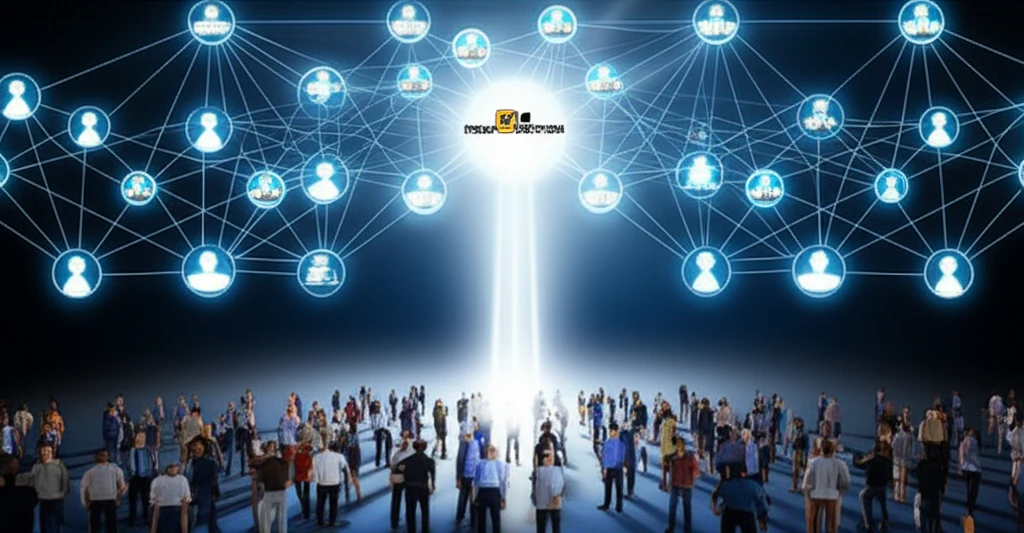
Navigating Nuclear Emergencies: How Crowd-Sourcing Can Save Lives
"Discover how the PREPARE analytical platform uses crowd-sourcing tools to provide real-time, accurate information during nuclear or radiological events, empowering the public and authorities alike."
In the face of a nuclear or radiological emergency, access to timely and accurate information can be a matter of life and death. International Atomic Energy Agency (IAEA) guidelines emphasize the critical need to provide the public with clear, understandable information to ensure their safety and well-being. But how can authorities effectively gather, verify, and disseminate this information in the chaotic aftermath of such an event?
The PREPARE project is tackling this challenge head-on, developing an innovative analytical platform that leverages the power of crowd-sourcing to revolutionize nuclear emergency response. By harnessing information from web sources and facilitating expert communication, PREPARE aims to become the go-to European resource for reliable information during and after nuclear events.
This article explores how the PREPARE platform utilizes crowd-sourcing tools to aggregate information, combat misinformation, and empower the public with the knowledge they need to make informed decisions. We'll delve into the technologies behind the platform, its functionalities, and its potential impact on nuclear emergency preparedness.
Turning the Web into a Lifeline: How PREPARE Gathers Critical Information

At the heart of the PREPARE platform lies the concept of crowd-sourcing, which involves collecting and analyzing information from a wide range of online sources. This includes social networks, web forums, news articles, and official reports. The goal is to create a comprehensive picture of the situation, identify emerging trends, and address public concerns.
- Web Content Discovery Service: This service automatically crawls the web, searching for content related to nuclear or radiological events. It then uses a specialized Nuclear or Radiological Emergency Ontology (NREO) to tag and categorize the information, making it easier to search and analyze.
- Ask the Expert Service: This service provides a direct line of communication between the public and experts in the field. Users can submit questions and receive answers based on the curated collection of publicly available documents.
The Future of Nuclear Emergency Preparedness: Staying Ahead of the Curve
The PREPARE project represents a significant step forward in nuclear emergency preparedness, demonstrating the power of crowd-sourcing and semantic web technologies to improve information dissemination and public safety. By continuing to refine these tools and adapt them to emerging challenges, we can build a more resilient and informed society, ready to face the unexpected.
